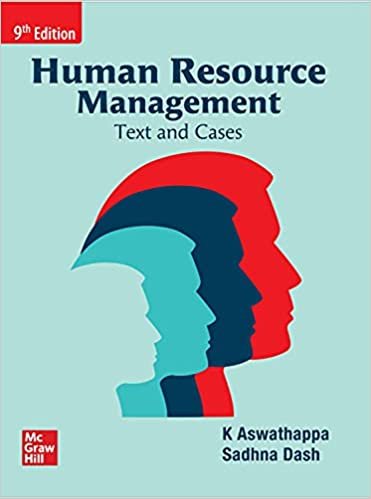HR Process
HR processes are essential to supporting the employee lifecycle and creating a positive employee experience. HR processes follow intricate pathways that require strategic planning based on specific parameters and goals. Despite the fact that every process involves its own procedures, they are all interconnected.
HR Process Steps
Based on the need of the organizations people centricity objective and priorities, the HR Process Steps may varies. Following are the core HR processes which includes:
- Human resource planning
- Recruitment
- Selection
- Hiring
- Onboarding
- Training
- Employee relations
- Performance appraisals
- Benefits administration
- Performance management
- Offboarding
HR Process Flow, HR Process Flow Chart

What is Onboarding HR Process
“Onboarding” refers to the processes in which new hires are integrated into the organization. It includes activities that allow new employees to complete an initial new-hire orientation process, as well as learn about the organization and its structure, culture, vision, mission and values.
What is Induction HR Process
Employee induction is the process through which new employees learn and adapt to the norms and expectations of the organization to quickly reach maximum productivity. Some people also use the term “onboarding” to include the time between offering someone a job and his or her first day.
Induction of Employee is the first step towards gaining an employees’ commitment, Induction is aimed at introducing the job and organization to the recruit and him or her to the organization. Induction involves orientation and training of the employee in the organizational culture, and showing how he or she is interconnected to (and interdependent on) everyone else in the organization.
What is HR Operations, What are HR Operations, HR Operations Means, HR Operations Meaning
HR Operations services include payroll administration, recruitment, employee relations management, benefits management, etc. Employers should keep their employees happy and make them feel like they are getting their money’s worth.
HR Operations Role, Role of HR Operations
HR operations, also known as “HR Ops” are responsible to serve a variety of human resource tasks, that includes payroll management, payroll administration, recruitment, talent acquisition, and much more. Let’s have a look at the seven different responsibilities of HR Ops.
- Employee Development
- Payroll Admistrative
- Employee Benifits
- Workplace Safety
- Employee Relations
HR Operations Roles and Responsibilities
- Setting objectives for the HR team and tracking progress
- Monitoring internal HR systems and databases
- Reviewing and approving or modifying budgets
To Read more such informative Blogs Click Here
hradvosrs4u Blogs
HR Operations Job Description
- Set objectives for the HR team and track progress
- Monitor internal HR systems and databases
- Review and approve or modify budgets
- Design and implement company policies
- Monitor key HR metrics
- Act as a consultant to managers and staff regarding policies and procedures
- Create detailed reports on HR costs
- Recommend new software to address personnel needs, like performance review tools
- Address employees’ queries (e.g. on compensation and labor regulations)
HR Operations Interview Questions
- How would your current, and previous managers describe you?
- What is the difference between a team and a group, and do you consider yourself a team player?
- Do you have any experience with cost reduction efforts, and how did you achieve the milestones that you set for your team?
- Have you ever led a project team, and how did you address a conflict within a team?
- What is your approach to recruiting exceptionally skilled candidates?
HR Operations Resume
HR Operations Management Pdf

Salient Features : 1) New chapter on digitalisation of HRM 2) New appendix on Research Topics in HRM 3) New topics such as job grafting, managing employee experience, amended labour 4) laws, 4th industrial revolution and its impact etc. 5) Rewritten sections on topics such as assessment centres, jobs and career, technology etc. 6) Newly introduced features such as Scenario Analysis, Technology in HR and Hands-On Experience to help students bridge the gap between theoretical concepts, its practical application at the workplace, as well as the emerging technology



Add a Comment